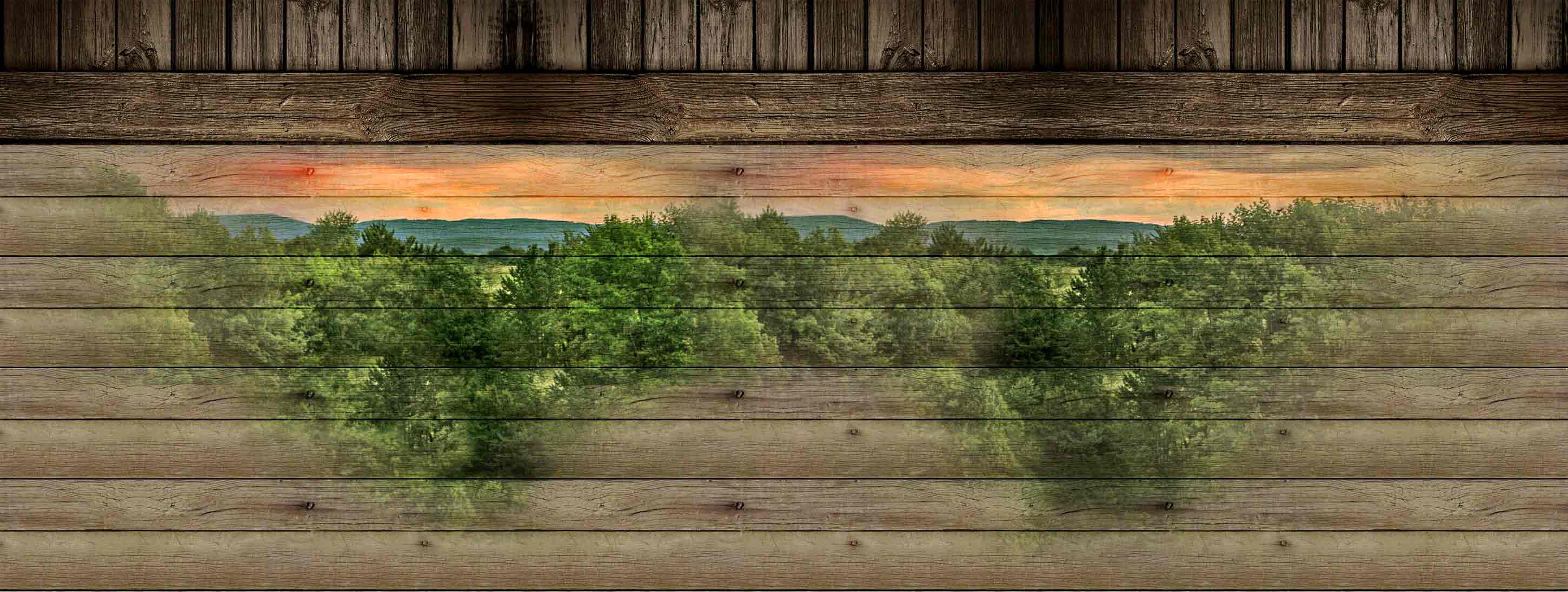Perhaps we are ahead of the times! Check out this article about about fines for chewing gum!
$5 fine for chewing gum? Parents, students protest discipline policy
By Sylvia Wood, msnbc.com
A charter school network in Chicago praised by Mayor Rahm Emanuel for its academic performance is under fire from parents and advocates for charging students $5 for some disciplinary infractions, including chewing gum, violating the dress code or being more than three minutes late to class.
The Noble Network of Charter Schools, which operates 10 high schools in the city, said it collected nearly $200,000 in discipline fees last year as part of a policy that asks misbehaving high school students to share in the cost of addressing the misbehavior. The money is then used by the school to offset the costs of teachers or staff who stay after school to administer detention.
Read the rest HERE








